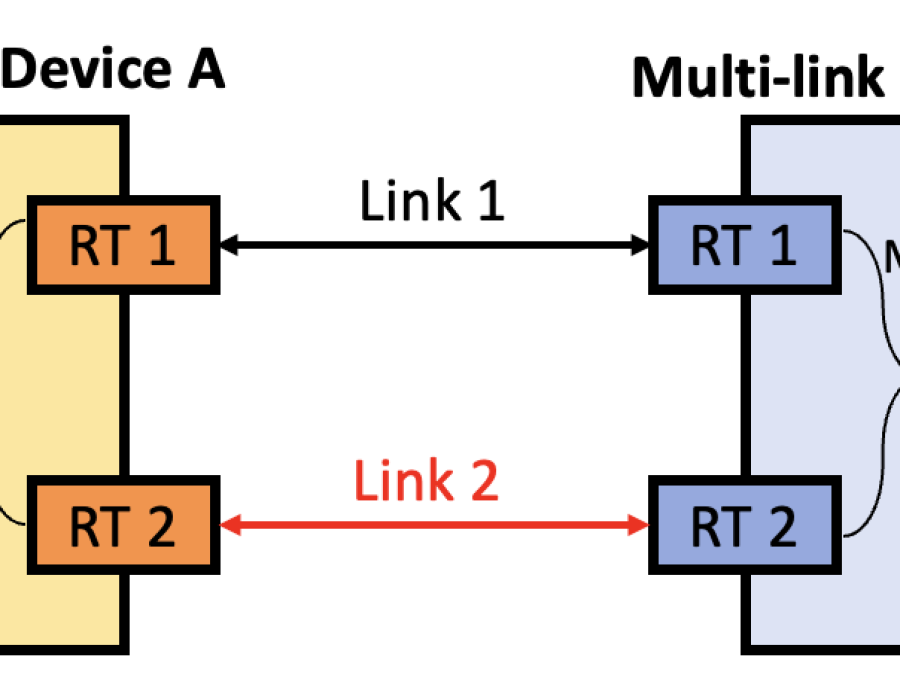In today's hyper-connected world, reliable connectivity is no longer a convenience, it's a necessity. From businesses relying on seamless data flow to individuals staying connected with loved ones, a stable and dependable connection underpins our digital lives. However, achieving reliable connectivity can feel like a constant battle. This guide will explore the importance of reliable connectivity, common challenges, and strategies to ensure a robust and dependable connection.
The Importance of Reliable Connectivity:
Reliable connectivity empowers us in numerous ways:
Business Continuity: Reliable connectivity on uninterrupted data flow for critical operations, communication, and collaboration. Downtime due to connectivity issues can result in lost productivity, financial setbacks, and reputational damage.
Enhanced Productivity: A reliable connection ensures smooth operation of online tools, applications, and cloud services, fostering efficient workflows and maximizing productivity.
Remote Work Enablement: Reliable connectivity is the cornerstone of successful remote work arrangements, allowing employees to collaborate effectively and access essential resources from anywhere.
Seamless Communication: Reliable connectivity facilitates clear and uninterrupted communication, both personal and professional, through video conferencing, online messaging, and real-time collaboration tools.
Uninterrupted Entertainment: Streaming services, online gaming, and video calls all demand a stable connection for an enjoyable and frustration-free experience.
Common Challenges to Reliable Connectivity:
Several factors can disrupt your connection:
Infrastructure Limitations: Outdated infrastructure, limited bandwidth availability, and geographical location can all hinder connectivity quality.
Equipment Issues: Faulty or outdated network equipment, such as routers, cables, and modems, can introduce performance bottlenecks and connection drops.
Signal Interference: Wireless signals can be disrupted by physical barriers like walls, electronic devices, or even weather conditions, leading to weakened signal strength and dropped connections.
Network Congestion: With an ever-growing number of devices vying for bandwidth, network congestion can occur, causing slow speeds and connection instability.
Cybersecurity Threats: Cyberattacks can compromise network security, leading to data breaches, service disruptions, and potential system outages.
Building a Foundation for Reliable Connectivity:
Here are some key strategies to ensure consistent and dependable connectivity:
Invest in Quality Equipment: Choose reliable and up-to-date network equipment compatible with your internet service provider's (ISP) offerings. Consider upgrading to newer Wi-Fi standards like Wi-Fi 6 (802.11ax) for increased efficiency and speed.
Strategic Equipment Placement: Position your router centrally in your space, away from walls, metal objects, and other sources of interference. An elevated location can also improve signal distribution.
Utilize Wired Connections Whenever Possible: For devices like desktops and gaming consoles, prioritize wired ethernet connections for optimal performance and stability compared to Wi-Fi.
Manage Your Network: Modern routers offer features like bandwidth management to prioritize critical devices and guest Wi-Fi options for visitors. Keep your router firmware updated for improved security and performance.
Partner with a Reliable ISP: Choose an ISP with a proven track record of reliable service, consistent speeds, and responsive customer support.
Maintaining a Secure and Reliable Connection:
Beyond initial setup, consider these practices:
Monitor Your Network Performance: Regularly monitor your internet speed and network performance using online tools or your ISP's resources.
Employ Cybersecurity Measures: Implement strong passwords, enable network firewalls, and utilize antivirus software to safeguard your network from malicious attacks.
Keep Software Updated: Maintain updated software on your devices, including operating systems and firmware, to address security vulnerabilities and potential performance issues.
Conclusion:
Reliable connectivity is the backbone of our digital lives. By understanding the importance, identifying common hurdles, and implementing best practices, you can build a strong foundation for a stable and dependable connection. Remember, a proactive approach to network management combined with a reliable ISP partnership empowers you to navigate the complexities of the digital world with confidence. Invest in reliable connectivity and unlock the full potential of your online experience.
For more info. visit us:





Comments